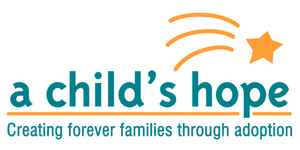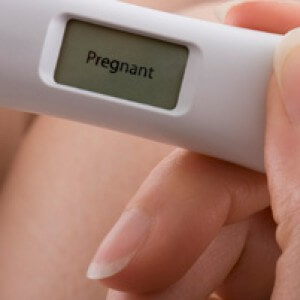The first trimester of pregnancy can seem to pass faster than any other stage—often because you may not immediately know you’re pregnant. During the first trimester, many changes aren’t physically visible, even though your body is hard at work. Whether a pregnancy is planned or unplanned, it’s important to understand what is happening during this critical time of development.
What is a Trimester?
Full-term pregnancies last about 40 weeks, with that time divided into three sections, or trimesters. The first trimester starts from the day of the last normal period to about 12 weeks. The second trimester goes from week 13 to about week 28. The third trimester goes from week 29 until week 40. Some of the symptoms from one trimester may carry over to another trimester, and some symptoms from a later trimester may appear earlier.
Each pregnancy may be different, but these guidelines may help you anticipate the changes you’ll experience.
About The First Trimester
One of the telltale symptoms of pregnancy is a missed period. Each month, your body prepares for pregnancy by creating a lining in the uterus. If your egg is not fertilized during this time, you are not pregnant and your body automatically sheds the lining in the form of a menstrual period. If you are pregnant, the lining stays in place, providing a place for the baby to develop.
The Baby’s Development
During the first trimester, the baby’s brain and spinal cord begin to form (Particularly during this time, doctors strongly recommend pregnant women take prenatal vitamins including folic acid to aid the development of the spinal cord).
The heart develops and begins to beat. Arms and legs grow; fingers and toes start to form. At eight weeks, the baby’s sex organs begin to form. At twelve weeks, with an ultrasound, you can tell if the baby is a girl or boy.
The baby’s eyes are developing and eyelids have formed to protect the eyes, which won’t begin to open until the 28th week. By the end of the first trimester, the baby is about three inches long and weighs about half an ounce—about the size of a plum.
Your Physical Symptoms
As the baby develops, you too will experience a variety of symptoms including:
- Extreme tiredness
- Upset stomach (morning sickness—although this can occur at any time of the day)
- Tender, swollen breasts
- Cravings or distaste for certain foods
- Mood swings
- Frequent urination
- Weight loss or gain
Emotional Symptoms
Pregnancy hormones can cause emotional ups and downs. In addition, pregnancy itself, whether planned or not, can cause a variety of mixed feelings. Are you emotionally and financially ready to be a parent? How do you ensure you have the skills and temperament to be a good parent? Do you have the support systems you need for you and your baby? How will raising a child affect your life?
It is natural to periodically have these doubts. However, if those feelings don’t go away, or if you feel completely overwhelmed and unprepared to raise a child, you may want to consider other options, such as placing your child with a loving family.
If you’d like to learn more about adoption, A Child’s Hope can help. Please call our 24-hour hotline at 877-890-4673 or text “pregnant” to 919-971-4396. Our compassionate counselors will provide a listening ear and helpful information as you make the best decision for your child.

